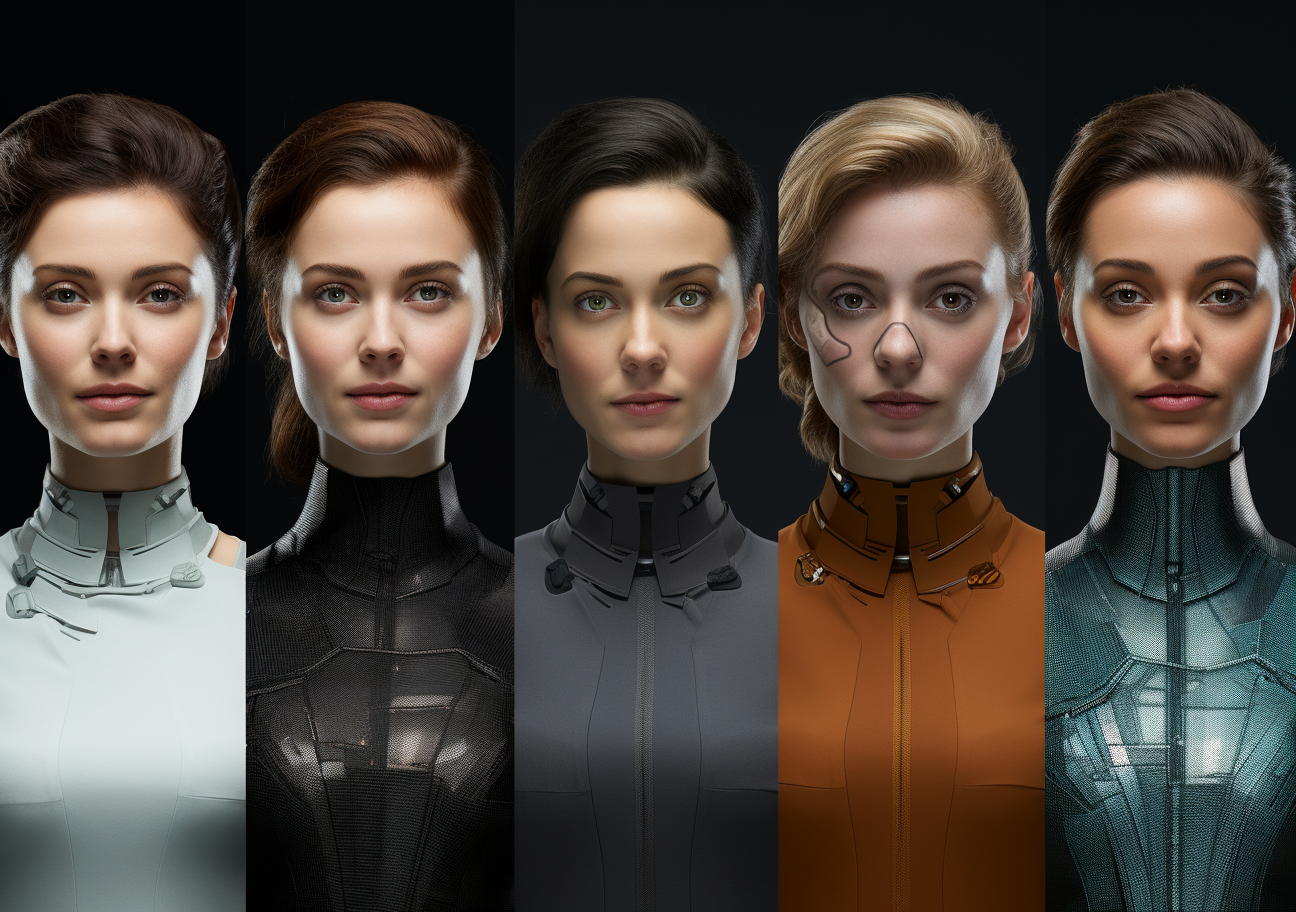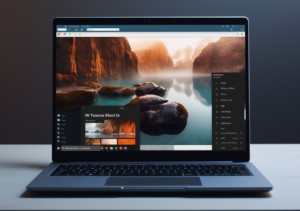Have you ever pondered why Cortana, Microsoft’s voice assistant, never gained the same traction as Siri or Alexa? It’s a tale of unmet potential and missed opportunities that shows even the most well-funded technology can falter without a strong vision and user-centric focus.
Origins in Pop Culture
Named after a beloved artificial intelligence character from Microsoft’s Halo video game series, Cortana was designed to be the go-to assistant across all Windows devices. The pop culture connection was a marketing coup, but even a catchy name couldn’t safeguard its future.
Little Known Fact: Cortana was initially developed under the code name “Project Louise,” inspired by another strong female character, Louise Banks, from the movie “Arrival.”
A Series of Missteps
So what went wrong? For starters, Cortana was tethered too closely to the Windows ecosystem, limiting its reach on mobile platforms where Siri and Alexa had already staked their claims. Secondly, Microsoft entered the voice assistant arena a bit late, giving competitors a head start to shape the market and user expectations.
The Privacy Quandary
Another stumbling block was Cortana’s invasive data collection, which didn’t sit well with privacy-conscious users.
User Experience Matters
Perhaps most telling was Cortana’s lack of a unique selling proposition. While Google Assistant is a search wizard and Alexa excels in smart home management, Cortana failed to carve out a particular niche for itself, rendering it a generalist in a market that values specialists.
Cautionary Tale: Cortana serves as a lesson that great technology alone isn’t enough; it must also mesh seamlessly into users’ daily routines and meet their specific needs.




